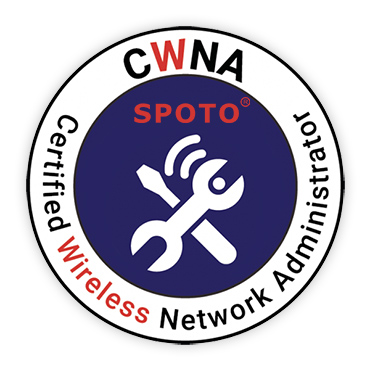What is CCNP Routing and Switching?
Cisco Certified Network Professional or CCNP Routing and Switching certification validate the ability to plan, implement, verify and troubleshoot local and wide-area enterprise networks and work collaboratively with specialists on advanced security, voice, wireless, and video solutions. The CCNP Routing and Switching certification is an appropriate Certification for those with at least one year of networking experience who are ready to advance their work and skills independently on the complex network solutions.
Those who achieve the CCNP Routing and Switching certification have demonstrated that they have the skills that are required in enterprise roles like the systems engineer, network engineer, support engineer, or network technician. The routing and switching protocol knowledge from this certification will be provided a lasting foundation as these skills are equally appropriate in the physical networks of today and the virtualized network functions of tomorrow.
What is CCNA?
The Cisco Certified Network Associate or the CCNA credential has become one of the most highly reputed and sought after entry-level networking certifications in the industry. The CCNA certification is formed for the candidates who are having 1 to 2 years of experience in network engineering. The most important benefit of gaining CCNA training is that the CCNA certification is very affordable.
The main objective of this Cisco certification is to provide an associate-level certification for beginners and enthusiasts who already have some experience with networking. Candidates who are interested in the CCNA program, they need to undergo testing and training in the maintaining, installation, and troubleshooting of Cisco’s medium networking devices. The candidates in this program are also tested and trained in the installation and troubleshooting of end-to-end networking.
The CCNA certification also provides candidates the opportunity to learn more about the basics and concepts of the Cisco networking environment. In addition, the certification also provides beginners with considerable knowledge about operating IT equipment without experiencing any problems. Although the material has been specialized to suit a Cisco environment, it is also useful at a fundamental level those who are going to attain this certification can use their knowledge in many diverse environments and increase their marketability across various platforms.
Difference between CCNA and CCNP:
The difference is that the CCNA certification is associate-level certifications that are going to tests the professionals on switching and routing fundamentals. The CCNP is a more advanced certification that is going to require a deeper level of knowledge and understanding of WANs and LANs, and how they work together.
The CCNP certification is considered to be the more senior out of these two Cisco certification levels, considering that it delves much deeper and wider into the workings of networking and the contents associated like the as wireless and security options than the CCNA.
CCNA vs. CCNP Career Differences
Since the levels of training between CCNA and CCNP are different, each of this certification leads to different career paths.
CCNA Career Path
This certification is best suited for the individuals who are looking forward to gaining an entry-level career such as:
• First and Second Line Support
• Helpdesk Engineer
• Network Support Engineer
• Network Technician
• Service Desk Engineer/Technician
CCNP Career Path:
The CCNP certification suited for the IT professionals who desire to go further with their career and this includes the following:
• IT Team Leader
• Network Analyst
• Network Engineer
• Network Specialist
• Systems Engineer
• Third Line Support
Conclusion:
So, if you’re looking forward to boosting your career in the fields of IT, Cisco certifications can help you to get you on the right path. SPOTO CCIE Club, offers a catalog variety of IT training, including CCNA and CCNP courses taught by certified professionals, so whether you select any Cisco Certification, with their help, you would be able to clear it in single attempt.

 Join Telegram Study Group ▷
Join Telegram Study Group ▷

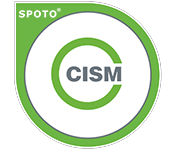


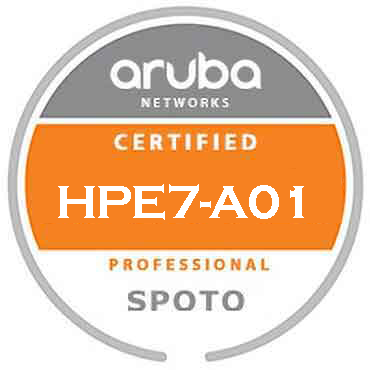
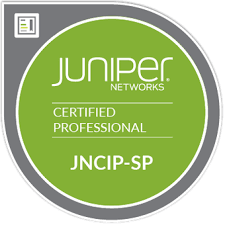
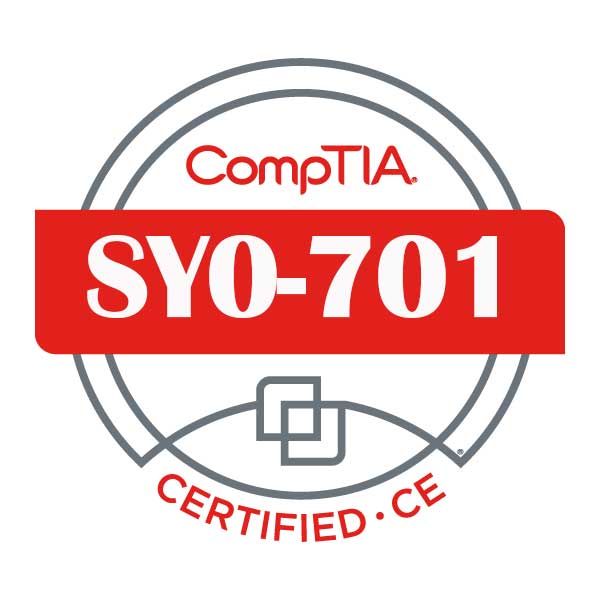
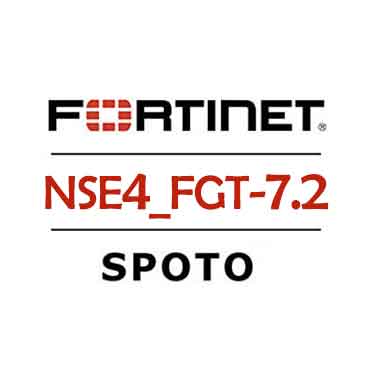
.jpg.webp)




